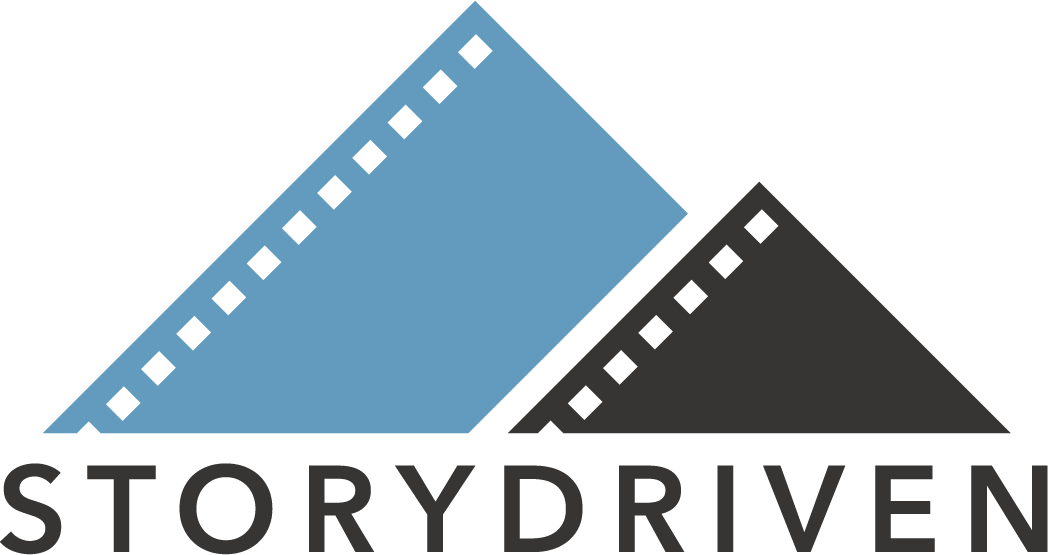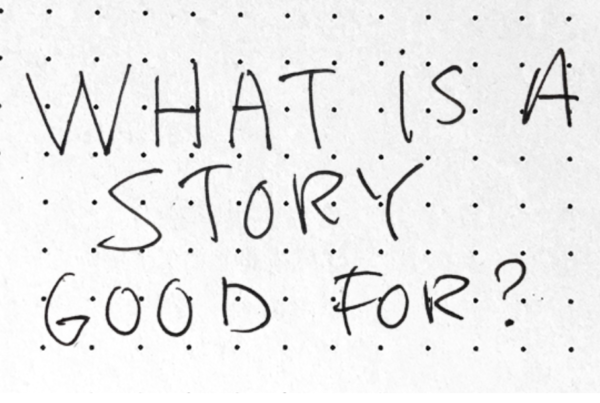Stories are powerful, I’m pretty sure there’s nobody out there that would argue with that. But have you ever wondered why? Specifically, why is that we get excited to hear the end of even the most inane story?
I have a confession to make: I don’t own a TV, thus I do not subscribe to cable television programming. That means that whenever I visit a friend who has cable, I’m pretty much incapable of carrying on a conversation while the TV is on. That’s not good. But even worse than being a bad friend, is when I find myself watching a ridiculous reality show. Who are the Kardashians? Why do I care? I don’t like it, but there’s no fighting it. Once I’ve seen the start, I have to find out what happens next. What’s up with that?
I promise that if you watch this show and you like it, I’m not judging. But I can also say that everything about this show I find utterly ridiculous. Nothing about what I say I’d like my life to be like overlaps with this show. SO WHY AM I GLUED TO IT ONCE IT’S IN FRONT OF ME??!!
What is your guilty pleasure reality show?
Throughout centuries humans have told stories. The stories that have survived, and thus the ones we remember, all pose a clear binary question. Will X happen, or will Y? Or maybe a surprise Z! Those stories have survived because they go along with how our brains are wired. It turns out that when our brain hears a question, we actually cannot do anything but think about that question. What is your favorite guilty pleasure reality show? See, now you’re thinking about Kim again (or maybe it’s a bachelorette or a survivor).
Neuroscientist John Medina writes in his book, Brain Rules, “Research shows that we can’t multitask. We are biologically incapable of processing attention-rich inputs simultaneously.” Hollywood knows this ancient storytelling secret, and they use it to make us watch ridiculous things. Kim shows up to get Fro-Yo and there’s the paparazzi. “Ooh, what’s she going to do? How will she respond? Will she be cool or will she lose it?” Now we’re done for, we have to find out what happens.
How do you use story tension in a business context?
So what does this mean for telling your business story in a sales or marketing context? At StoryDriven, we use this tension to keep the viewer’s attention. We pose a question, then take the viewer on a journey to find out what happens. While on that journey, the audience gets to know more about the product or company. By opening the question, we have their attention until we answer that question. All this sounds like it could be manipulative, and it certainly can be. Hollywood is doing it on “reality” television shows. But when you tell an authentic story about a real person that your audience can relate to, you leave them with a satisfied and positive feeling.
Next time you’re trying to engage your audience, think about a question you can pose. Make it interesting enough to keep their attention and make it relevant to their world. For example, we recently published a story for our client, UNC Health Care. As you watch, see if you can identify the binary question. Hint, it is usually very simple and basic – the clearer the better!
Every week we’re sharing storytelling lessons based in science of the brain. Next week, Chelsey shares her experience of buying a house in a crazy competitive seller’s market.






One Comment